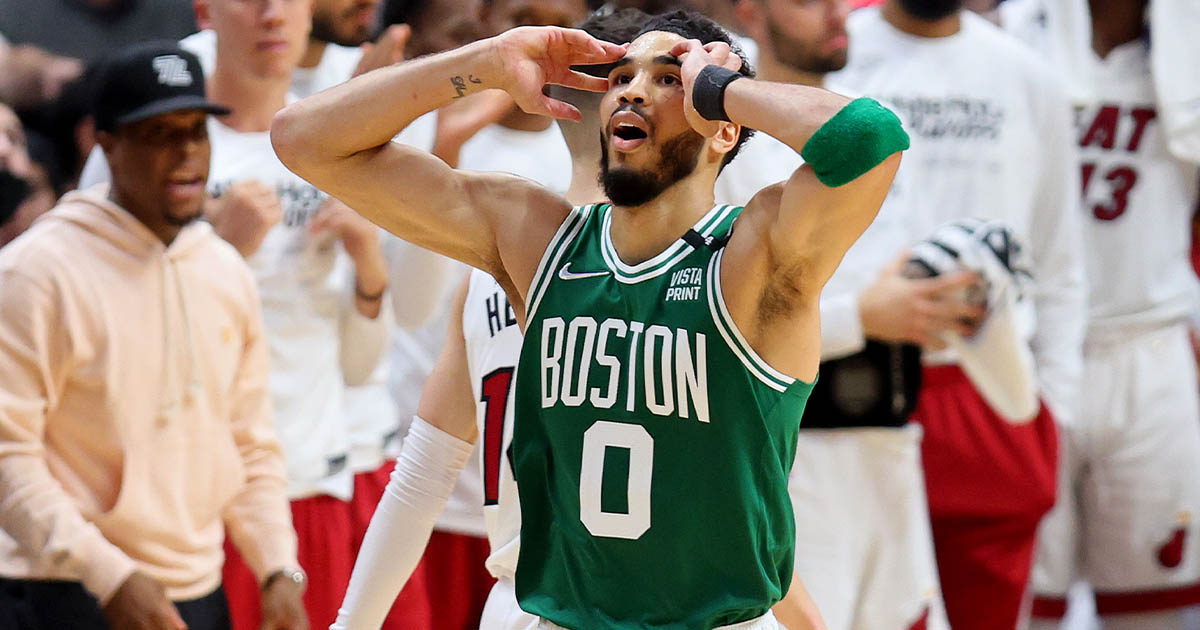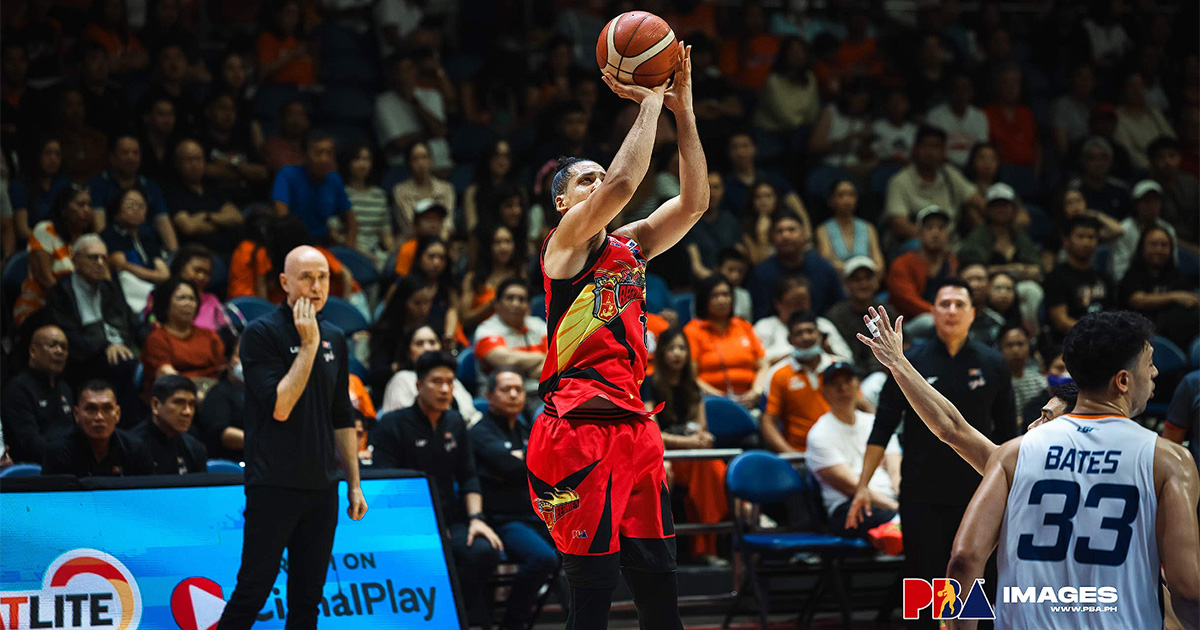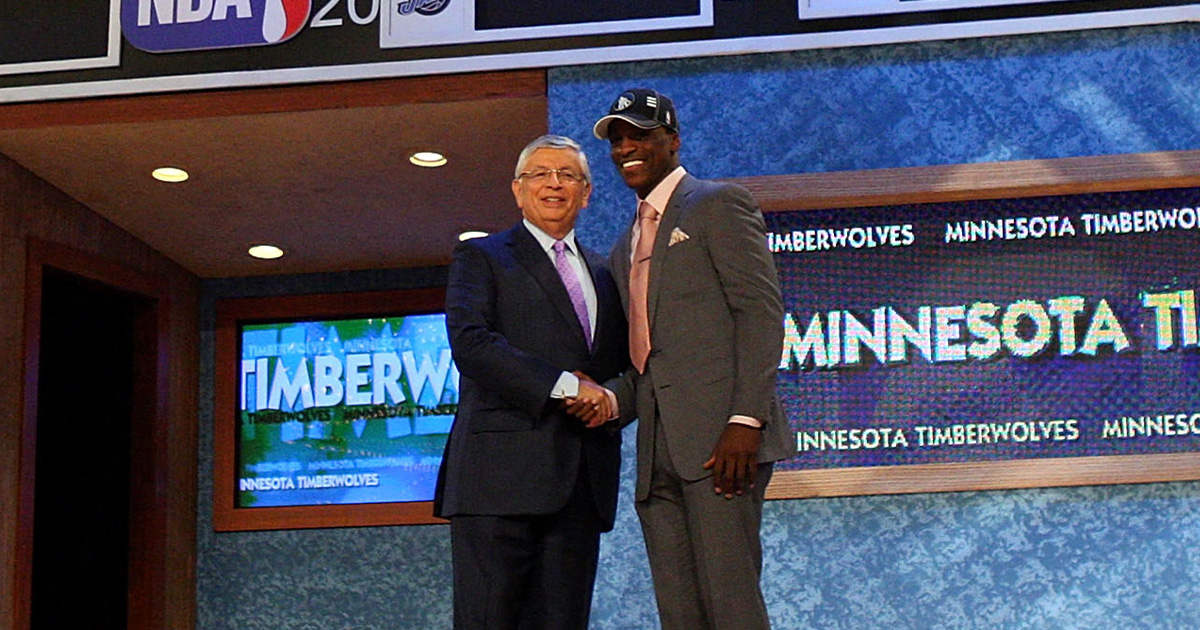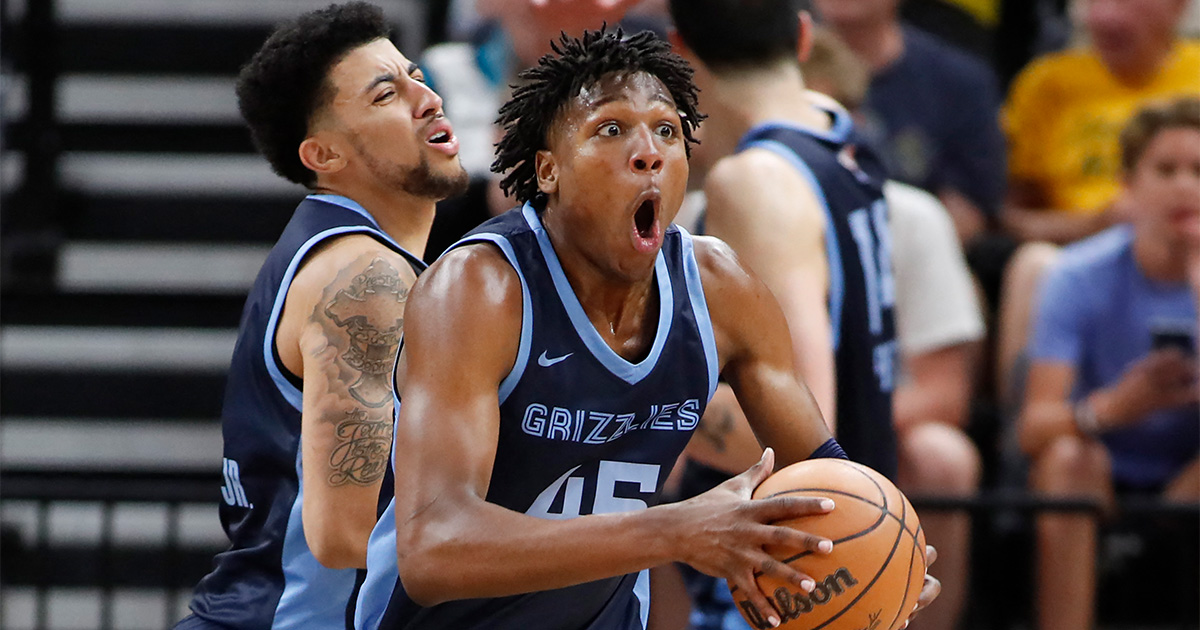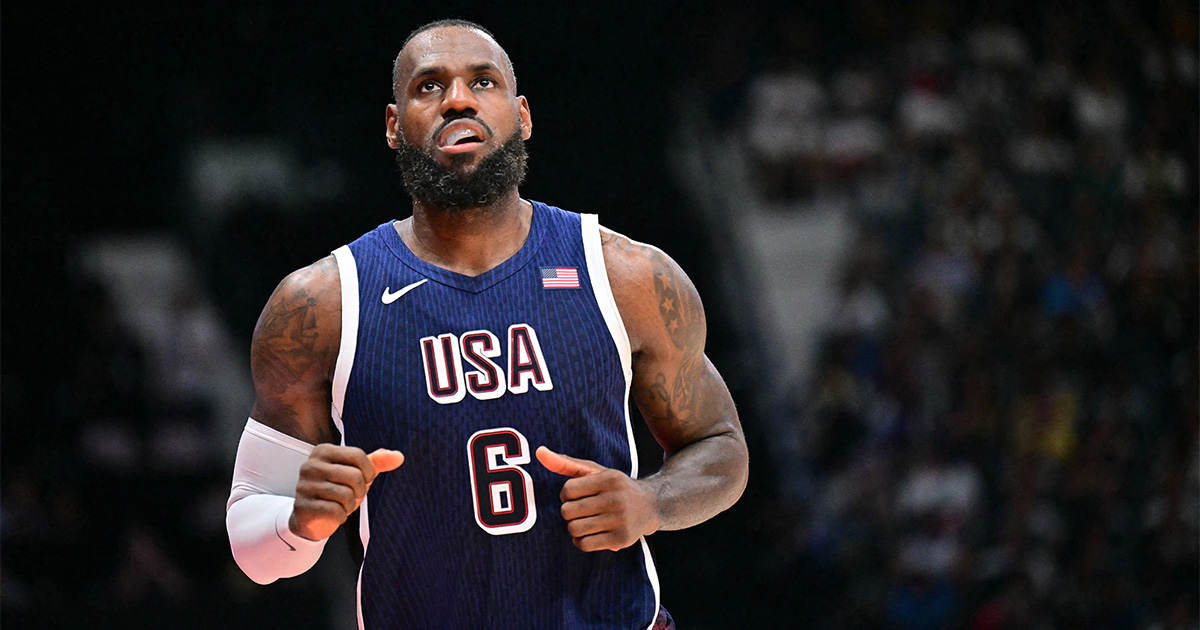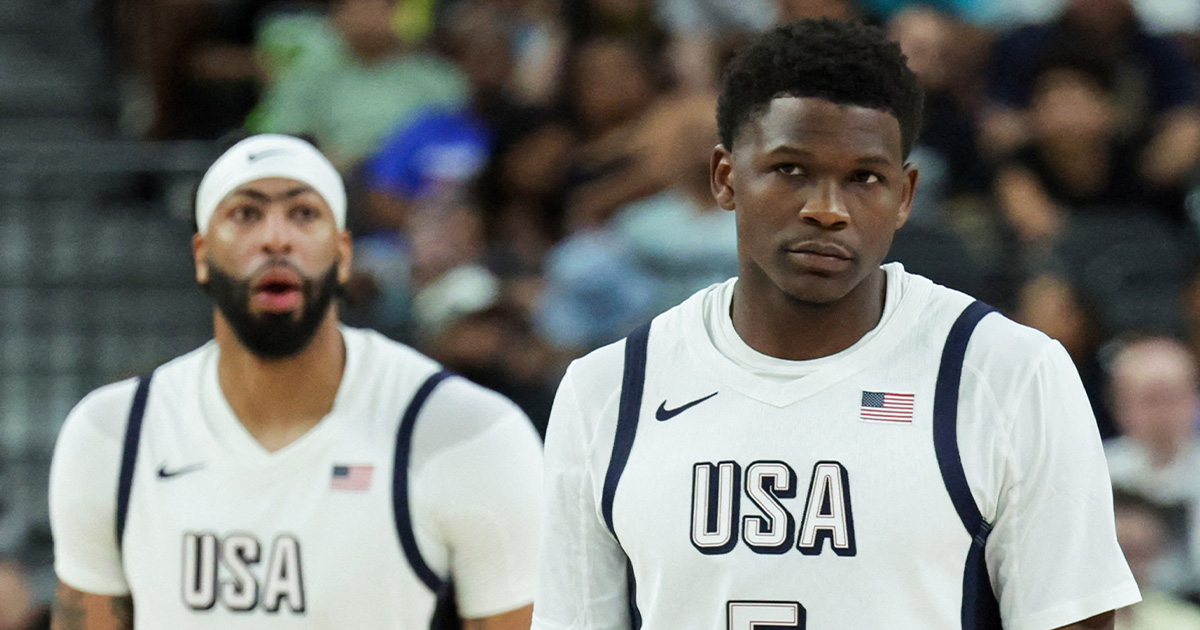If American football is a game of inches, basketball is a game of opportunities. Missed free throws, offensive rebounds, and timely shots can swing momentum and, in turn, the outcome of the game.
The Boston Celtics had a chance to make a statement win in the Eastern Conference Finals and wrest home court advantage from the Miami Heat. Not only would it have been a great way to begin their revenge tour against the team that denied them an NBA Finals appearance in the Orlando bubble back in 2020, but it would also further validate their strong run so far this postseason.
Things looked to be going in that direction in the first half, as the Celtics had the Heat on the ropes in Game 1 of the Eastern Conference Finals. Boston scored the game’s first seven points and built a lead that grew to as many as 13 points in the second quarter even as they had no Al Horford and Marcus Smart, who were out due to health and safety protocols and a right mid-foot sprain, respectively. While the Celtics held a 62-54 halftime lead, it quickly disappeared after Miami, led by Jimmy Butler, flipped the switch and pulled away in the second half.
Boston will have another chance to steal a win in Miami, but Game 1 was their best chance and they know it. The Heat now enter Game 2 with confidence and a refined game plan following the adjustments they made in the second half of the series opener.

As tough as the loss may have been considering where they were in the first half, there are still some positives the Celtics can pick up and build on for the rest of the series. Miami is known for their vaunted defense and yet Boston was able to score 48 points inside the paint (to the Heat’s 40). The Celtics have been finding ways to score and their 22 assists indicate how they can get production from most of their rotation. Getting it consistently, however, is another matter altogether.
Boston has tried to attack mismatches on defense, but Miami at times refuses to acquiesce. Moreover, the Heat are more than happy to let Tatum get his shots so long as he can’t create for others, especially Jaylen Brown. Both Brown and Tatum having great nights make it harder for teams to defend them since the point of attack will be less obvious. Based on their coverage, it seems that a good game from Brown can spill over to teammates and limiting him worked well for the Heat.
Defensively, the Celtics had some success in forcing turnovers, converting Miami’s 13 errors into 19 points. As a team, the Heat can recover well, but any extra points at this stage of the NBA Playoffs will be big, especially if it can keep the games close and winnable.
Controlling the boards will also be crucial for Boston considering how relentless Miami can be in terms of second-chance points. The Celtics initially had a 20-16 rebounding advantage at halftime, which the Heat turned into a 39-38 advantage in the end. Jimmy Butler was largely responsible for that as he had as many offensive rebounds (five) as Boston’s starters. Limiting Miami’s second chances not only limits their scoring opportunities, but it also prevents the Heat from drawing more fouls from a depleted Celtics frontcourt.
Grant Williams having five fouls certainly didn’t help considering Horford was out and Robert Williams III just got back from a four-game layoff due to a sore left knee. The thin Boston frontcourt thus made it easier for Butler to bully his way into the paint for baskets.
NBA games are often won over four quarters and 48 minutes, rather than two quarters and 24 minutes, and the Boston Celtics learned that the hard way. This series is obviously far from over, but the opportunities to gain any extra advantage will diminish with each passing game. In what will likely be a tight series, that could spell the difference between a disappointing exit and a shot at another NBA title.

